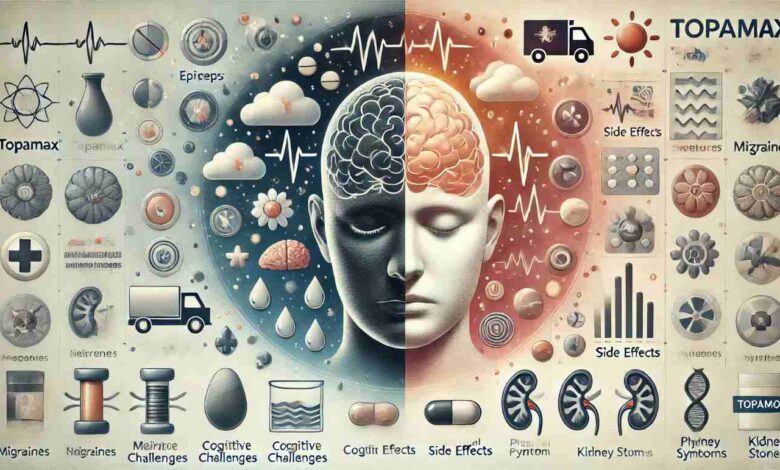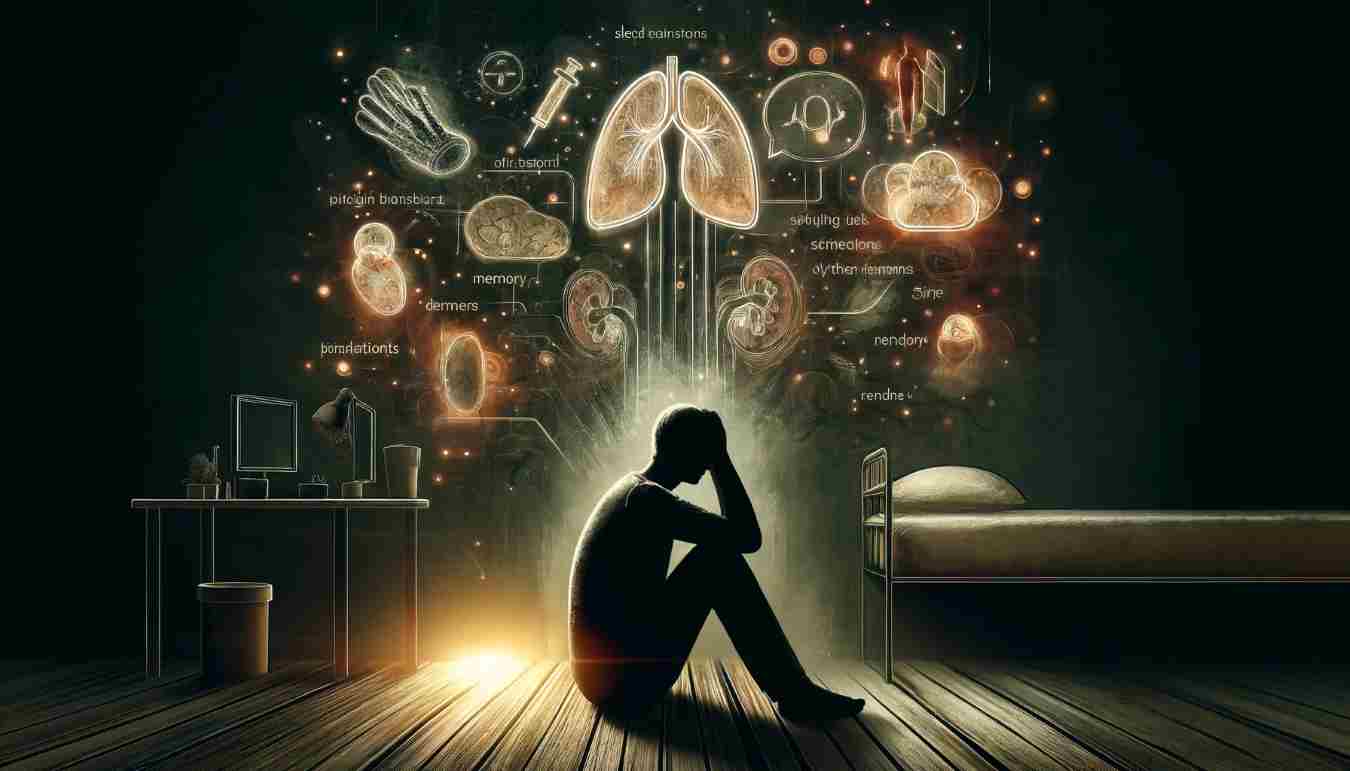Topamax Ruined My Life: Benefits, Side Effects, and Care

Topamax, or topiramate, is often prescribed to help treat epilepsy and prevent migraines in many patients. Though beneficial, some users report negative experiences, with claims like “Topamax ruined my life” becoming common online. This article explores the advantages, risks, and important care tips for those considering or using Topamax.
Understanding Topamax: Uses and Benefits
Topamax is a medication used to treat epilepsy and prevent migraines. It helps control brain electrical activity, reducing seizures. Many people use Topamax to improve their quality of life. Some use it for unapproved purposes like weight loss. It might also help with mood stabilization and bipolar disorder. These uses are not officially approved and require caution.
Common Side Effects of Topamax
Topamax can cause various side effects that may impact people. Memory and concentration issues are common cognitive difficulties. These problems can interfere with daily tasks and work performance. Physical issues like tingling hands and feet often occur. Dizziness, tiredness, nausea, and diarrhea are other common problems. Mood swings like depression, anxiety, and irritability may also happen. These mood changes can hurt relationships and mental health.
It’s important to note that while these side effects are common, they vary in intensity among individuals. Monitoring and communicating any adverse effects to a healthcare provider is crucial for appropriate management.
Serious Side Effects and Risks
Topamax may cause severe side effects beyond common ones, requiring careful attention from patients and doctors. It can cause vision issues like myopia and glaucoma, potentially leading to vision loss if untreated quickly. Symptoms of vision problems include eye pain, redness, and blurred vision that should be addressed immediately.
Topamax can also cause metabolic acidosis, where too much acid builds up in the blood. Symptoms of metabolic acidosis include rapid breathing, feeling tired, or confusion that could lead to complications. Taking Topamax may increase the risk of kidney stones which can cause severe pain or bloody urine.
Symptoms of kidney stones include sharp back or belly pain, pain during urination, and blood in the urine. Drinking lots of water can help lower the risk of kidney stones for Topamax users. Patients need regular medical checkups while taking Topamax to catch and address these issues early. Seek medical help immediately if experiencing these symptoms during Topamax treatment.

Personal Experiences: “Topamax Ruined My Life”
Many people have shared how Topamax negatively affected their lives. Cognitive decline is a frequent complaint among users. Memory loss, confusion, and trouble focusing often impact daily life and work. Emotional distress is another common issue reported by users. Anxiety, depression, and mood swings can harm relationships and happiness.
Physical problems, like severe weight loss and fatigue, are also noted. Sensory issues, like tingling, add to negative experiences with Topamax. Medication reactions vary widely, and not everyone will experience these effects. These stories stress the need for careful monitoring by doctors.
Managing Side Effects and Seeking Care
If Topamax causes side effects, talk to your doctor immediately. They may adjust your dose or suggest alternatives. Never stop taking Topamax suddenly to avoid withdrawal symptoms. Lifestyle changes like eating well and staying active may help reduce side effects. Drinking more water can lower the risk of kidney stones.
If mood or memory issues arise, contact a mental health expert. Therapy can help manage emotional and cognitive challenges effectively. Communicating with your doctor ensures safer and better treatment outcomes. Regular updates about your symptoms can improve overall care and health.
Alternatives to Topamax: Exploring Other Options
For individuals who find that Topamax causes intolerable side effects or fails to meet their needs, there are alternative treatments for conditions like epilepsy and migraines. Consulting a healthcare provider is vital to find a solution tailored to your situation. Here are a few options:
Other anticonvulsants like Lamictal and Keppra are common options for epilepsy treatment. These medications have their own side effects. Some people tolerate Lamictal or Keppra better than Topamax. For migraines, beta blockers or calcium channel blockers are alternative treatments. Newer migraine options like CGRP inhibitors, such as Aimovig or Emgality, may work differently.
These newer treatments often avoid Topamax’s cognitive or mood related side effects. Non medication strategies, like lifestyle changes, can also help manage migraines or seizures. Adjusting diet, reducing stress, and exercising regularly are helpful changes. Cognitive behavioral therapy (CBT) therapy may assist with managing anxiety or chronic pain.

Topamax Ruined My Life: Recovery and Support
If Topamax has significantly affected your life and you decide to discontinue it, recovery involves both physical and emotional components. Here’s how you can move forward:
Stopping Topamax too fast can cause bad withdrawal effects or make your health condition come back worse. Tapering off slowly with a doctor’s help makes quitting safer and avoids sudden problems that might happen.
Eating good foods and staying hydrated is really important to help your body heal from Topamax’s side effects. Foods with potassium and magnesium help with tiredness and muscle cramps that may stick around after stopping.
If you feel like Topamax caused emotional harm therapy or support groups can help you deal with your feelings. Talking to others or joining online groups gives a chance to share stories and learn how to cope better.
Takeaways for Patients and Caregivers
Handling medicine like Topamax can be hard so working with doctors is super important for your health.
Talk honestly to your doctors about side effects or concerns so they can help you feel better. If Topamax doesn’t work for you then you should try other options to improve your well being. Learn about the risks and benefits of medicine so you can make better choices for your health goals.





